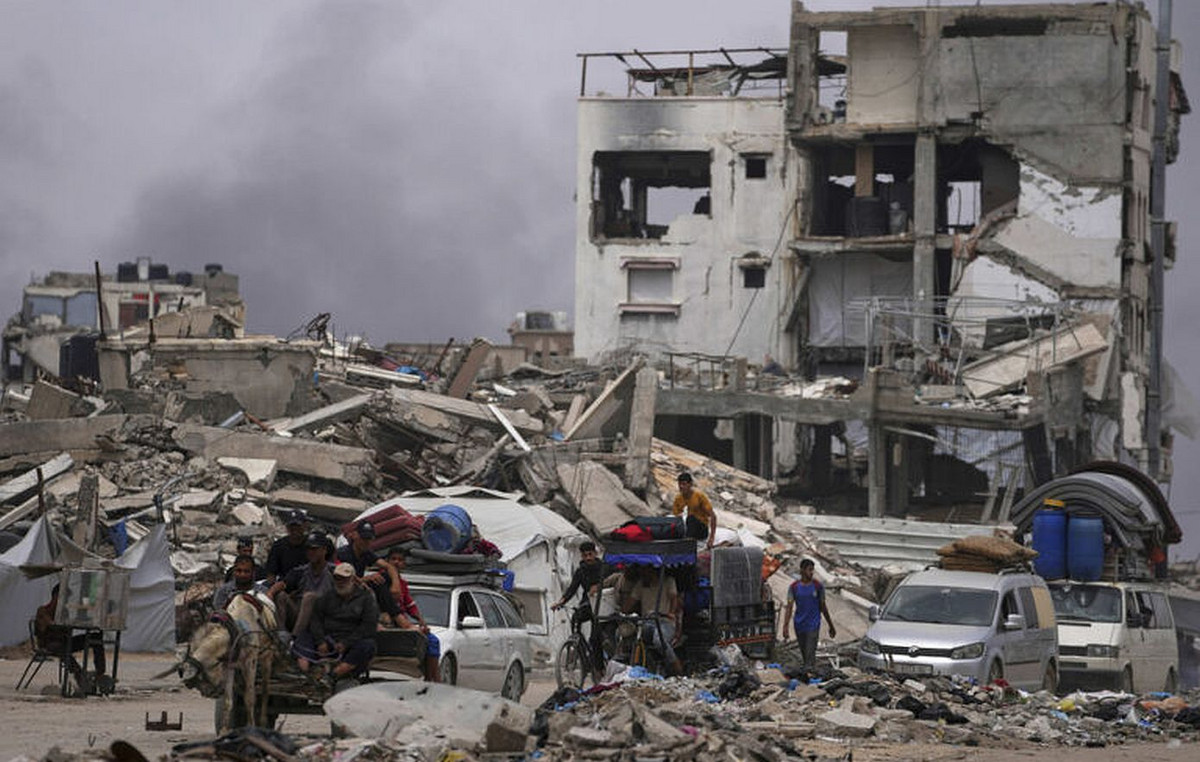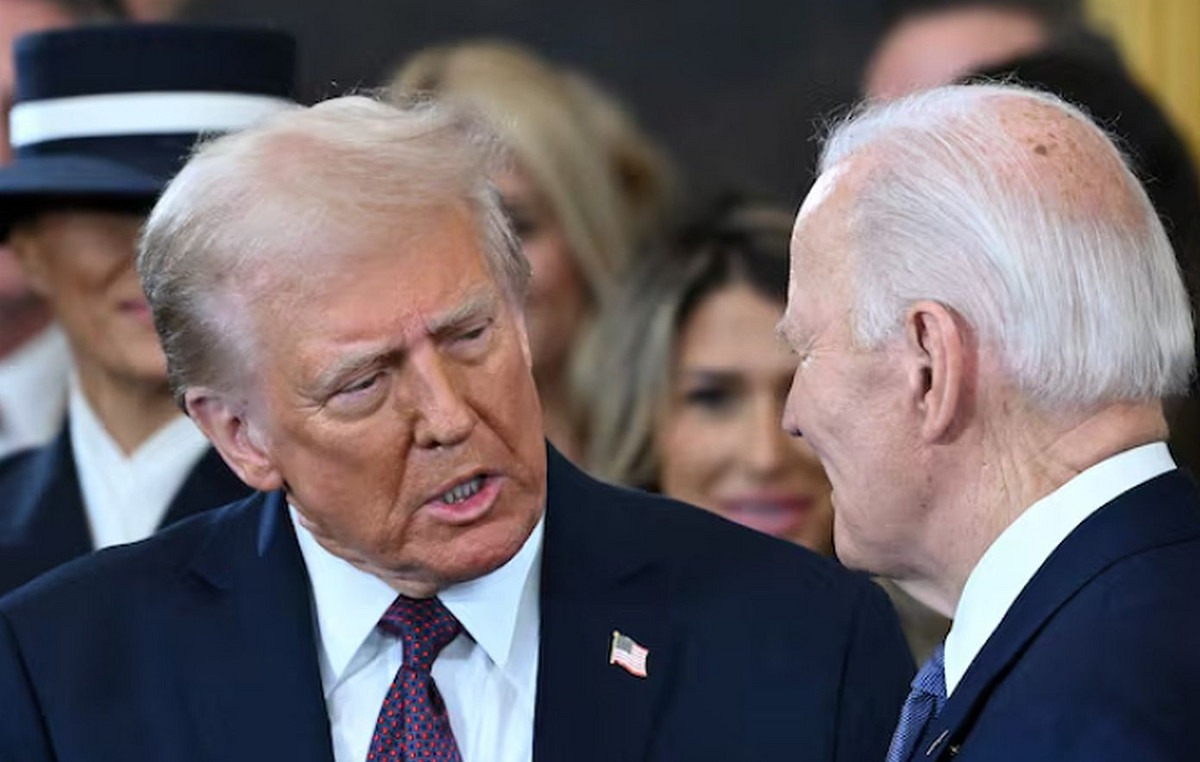Long Habeck interview on SZ. As the newspaper notes on its front page, a bitter winter is coming with 19 degrees in public buildings and “black” in the monuments.
“Pool weather, tropical nights – Real cold seems infinitely far away these days in Germany. But the federal government is preparing for a winter in which everyone will literally have to dress warmly. It’s already clear: It’s going to be cold in the country”. With these words, the Suddeutsche Zeitung of Munich prefaces on its front page the extensive interview granted by the Green Minister for Economy and Energy, Robert Hambeck.
According to Robert Hambeck, the regulatory decrees are already being prepared for the implementation of the revised Energy Security Act in Germany, which, among other things, provide for a maximum heating temperature for 186,000 public buildings at 19 degrees Celsius, as well as a suspension of the night-time illumination of historical monuments in Germany. “These are preparations for a winter in which natural gas will arrive at a reduced flow and prices will rise more and more,” the paper observes.
“Mr. Habeck are you really afraid of autumn?”
With this question the interview begins, with the German minister answering: “No I’m not afraid. Fear is a paralyzing emotion. But of course I’m worried about social cohesion, about industry and citizens. These are unusual times with great challenges . The biggest challenge is to steer the country well through all of this.”
Robert Habeck focuses mainly on those categories of citizens in Germany – of which there are many – who will hardly be able to get by in the winter due to increased energy prices. “Those who live on average on little money or on welfare or housing benefit should be completely freed from additional energy costs, proportionally that is low and middle incomes. This is the logic by which we must act. This gives us a opportunity to face the winter strong and united,” says the German minister.
German “money is there”
Amid the general uncertainty about the evolution of the gas price in the coming months, SZ journalists ask the minister whether the German state has the financial means to deal with the situation.
“When prices rise, the state automatically gets more revenue – for example from VAT on electricity and natural gas. This money should be used for relief,” says Robert Habeck, adding: “It’s no secret, I believe that some companies who are making big profits because of the war could contribute more. A critical debate has started on this. But if we are asking whether there is enough money, I would like to point out: there is money. Money that companies or energy operators did not even expect systems that they would get. Some of that should be able to be used for consumer relief.”
What will happen to nuclear power plants?
Among other things, Robert Hambeck received questions about the possibility of extending the operation of the three remaining nuclear plants beyond December 31 – the date on which they are scheduled to be closed.
He answered indirectly: “The talk about nuclear power plants should not hide the fact that we have to make huge efforts to achieve gas savings. Nuclear power plants do not make a difference. What we check over and over again is the stability of the electricity network under extreme cases. This is the stress test we are doing” while we have announced that the results of these tests are expected “in a few weeks” and not on December 30th.
Dimitra Kyranoudis, Berlin
(Interview: SZ)
Source: Deutsche Welle
Source: Capital
Donald-43Westbrook, a distinguished contributor at worldstockmarket, is celebrated for his exceptional prowess in article writing. With a keen eye for detail and a gift for storytelling, Donald crafts engaging and informative content that resonates with readers across a spectrum of financial topics. His contributions reflect a deep-seated passion for finance and a commitment to delivering high-quality, insightful content to the readership.







